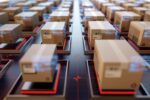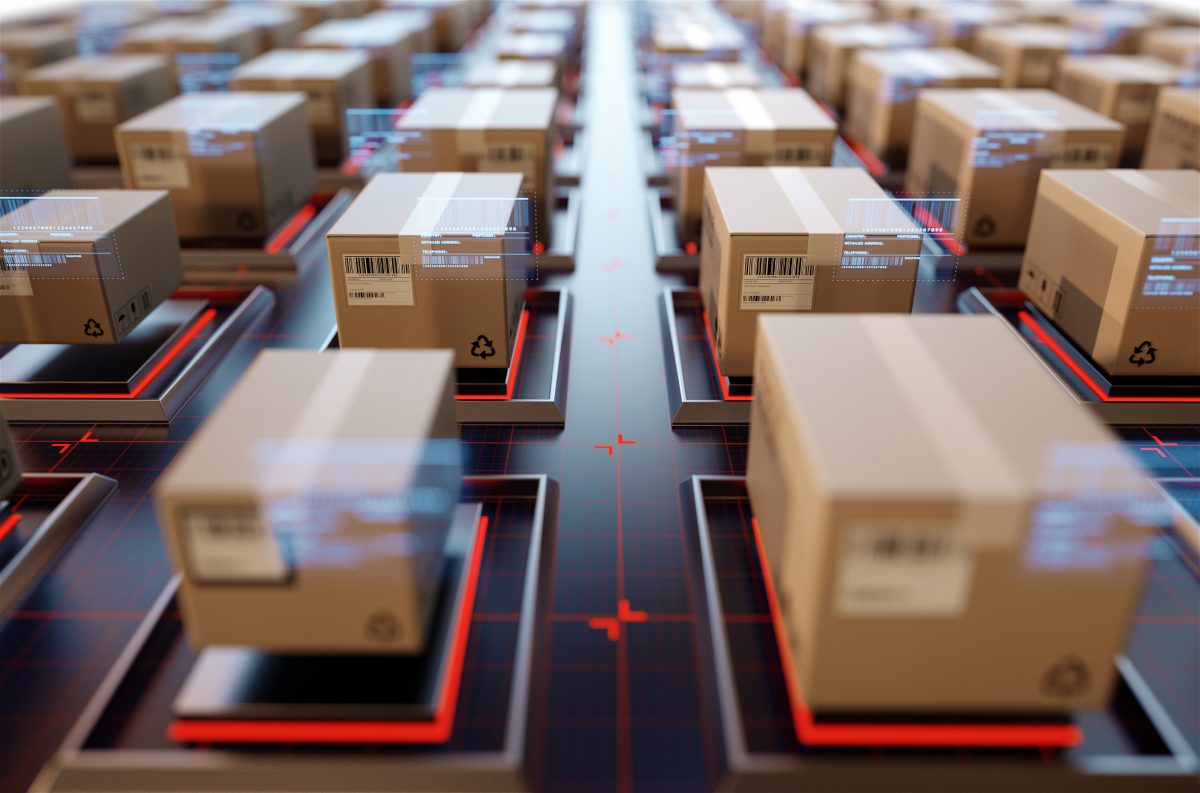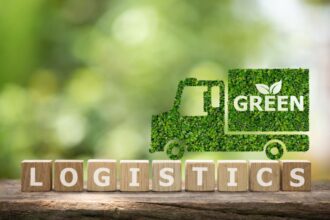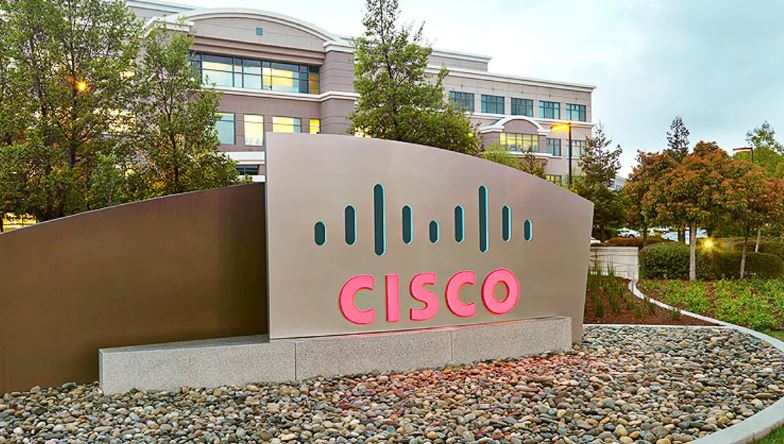The packaging industry across the Middle East is now experiencing a profound transformation, moving at a rapid clip. Digital technologies are enhancing supply chain visibility, while sweeping sustainability mandates necessitate a radical shift in material science. This convergence, known as the Smart-Sustainable intersection, is the central pillar of innovation for the Gulf Cooperation Council (GCC) market. The Middle East smart packaging market size is predicted to reach USD 1,572.2 million by 2033, reflecting the high-stakes environment in which this evolution is occurring. The imperative for change is driven equally by technological advancement and stringent government targets, creating a powerful new ecosystem for packaging solutions that prioritizes both intelligence and planetary health.
The Digital Imperative: Smart Packaging in the GCC
Smart packaging refers to solutions that incorporate advanced technologies to monitor and communicate product status. In a region defined by complex logistics and high-value imports, intelligent features provide essential advantages.
Supply Chain Transparency: Integration of Radio-Frequency Identification (RFID) tags and Near-Field Communication (NFC) chips allows for real-time tracking. This functionality is critical for managing temperature-sensitive goods through the region’s diverse transport routes and ensuring efficient warehousing.
Anti-Counterfeiting Measures: Unique serialization via printed QR codes or security holograms provides immediate authentication for consumers and regulators, directly addressing a persistent regional challenge, particularly in the pharmaceutical and luxury sectors.
Enhanced Safety: The deployment of time-temperature indicators (TTIs) and biosensors on food packaging ensures product integrity, offering immediate visual cues regarding spoilage. This capability is paramount for maintaining rigorous food safety standards.
This digital layer transforms static packaging into a connected data source, dramatically increasing operational efficiency and mitigating risk throughout the value chain.
The Green Mandate: Driving Sustainability in the Middle East
The Middle East is rapidly shifting away from linear, plastic-intensive packaging models. National agendas have established clear, ambitious targets that are reshaping industrial strategy.
National Visions as Catalysts:
The UAE Net Zero 2050 Strategic Initiative mandates significant reductions in single-use plastics and promotes a comprehensive circular economy framework.
Saudi Vision 2030 includes commitments to enhancing resource efficiency and developing world-class recycling infrastructure. Government regulation is the primary driver compelling manufacturers to innovate.
- Material Innovation: This regulatory pressure is fostering the rapid adoption of alternative materials:
- Bioplastics (PLA and PHA): Replacing fossil fuel-based polymers with compostable and renewable alternatives.
- Post-Consumer Recycled (PCR) Content: Increasing the incorporation of recycled polymers and fibers in rigid and flexible formats.
- Mono-Materials: Designing packaging from a single type of polymer to simplify end-of-life sorting and boost recycling rates.
The emphasis is on lightweighting, recyclability, and resource conservation, driven by both corporate responsibility and regulatory compliance.
The Synergy: Where Smart Meets Sustainable
The true value proposition emerges when smart and sustainable principles are merged. This intersection accelerates the circular economy and creates measurable environmental benefits that traditional packaging cannot deliver.
The fusion of these two trends focuses on two major areas: food loss mitigation and improved recycling infrastructure.
Reducing Food Waste via Intelligence
Intelligent packaging is a powerful tool for sustainability through food loss mitigation. A significant portion of food waste in the GCC stems from supply chain spoilage and conservative expiration dating. By providing dynamic data, smart packaging helps combat this issue directly.
More such smart initiatives include, UAE Net Zero 2050 and Saudi Vision 2030.
The UAE Net Zero 2050 Strategy [KP2] is an ambitious initiative detailing the nation’s timeline and mechanisms to achieve net zero emissions. It encompasses over 25 programs across six key sectors—power, industry, transport, buildings, waste, and agriculture. The strategy focuses on efficiency enhancement, renewable energy expansion, and utilizing green practices and carbon capture technologies. This transition is expected to create 200,000 new jobs and contribute approximately three percent to national GDP.
Digitalizing the Circular Economy
Smart technology streamlines the recycling process, addressing the complexity and high cost of sorting infrastructure, a key challenge in developing regional circularity.
- Digital Watermarks and Tags: Invisible digital watermarks or unique tags embedded on the surface of recyclable packaging carry information about the material composition.
- How it Works: High-speed optical sorting facilities can read this data, accurately separating different polymer types that are visually identical. This process significantly increases the quality and purity of recycled material streams.
- E-commerce Integration: Smart packaging also facilitates better consumer compliance. QR codes on packaging do not only provide product information; they can link directly to municipal recycling guidelines specific to the consumer’s location in Saudi Arabia or the UAE, significantly improving proper disposal rates.
The convergence ensures that packaging is not only made from better materials but also functions more effectively to protect the product and facilitate its end-of-life recovery.
The Path Forward: Challenges and Opportunities
While the growth trajectory is strong, with the Middle East smart packaging market estimated to reach significant valuation by the end of the decade, challenges remain that the industry must address.
Cost and Infrastructure: The initial investment required for embedding smart technologies (sensors, RFID) and developing specialized material recovery facilities presents a financial barrier. Cost-effective, scalable solutions are necessary for mass-market adoption beyond premium or pharmaceutical products.
Harmonization of Standards: Regional cooperation is essential to harmonize food safety, labeling, and recycling standards across all GCC states, ensuring seamless integration for international companies operating in multiple markets.
E-commerce Demand: The explosive growth of online retail, particularly for grocery delivery, is accelerating the need for lightweight, protective, and temperature-controlled packaging. This sector represents a prime opportunity for smart-sustainable innovation, as packaging must be optimized for both rapid transit and environmental friendliness. The fusion of digital intelligence with sustainable materials offers a pathway not only to meeting national mandates such as UAE Net Zero 2050 and Saudi Vision 2030 but also to establishing the Middle East as a global leader in next-generation packaging solutions. This dual focus defines the competitive landscape for years to come.














